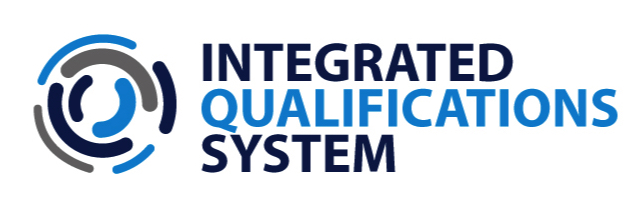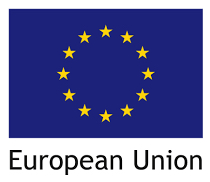Brief information about validation
Validation is a process, in the course of which experts in a given field verify the skills of an individual applying for awarding of a given qualification. In the event the experts acknowledge that the candidate displays all the required learning outcomes, i.e. knows and can do everything that has been included in the description of the qualification the candidate is aspiring after, he/she will be awarded the relevant certificate.
Individuals carrying out validation
In the course of a widely understood validation, the most important tasks are performed by minister appointed experts, who have a full qualification of at least level 6 of the Polish Qualifications Framework (PQF). These experts perform various functions. Their roles can be divided into the following two categories:
- Validation counsellors – their task is to support individuals intending to undergo validation at all stages of the process. A validation counsellor who examined the application submitted by the candidate acts as an intermediary between the candidate and other individuals taking part in the validation process, i.e. assessors. These include teachers, coaches, counsellors and other experts.
- Validation assessors – they verify learning outcomes of individuals undergoing validation. They are well familiar with standards of professional qualifications in their areas. Assessors are often teachers, employees and employers participating in the proceedings of consultation committees, the role of which is to create, modernise and revoke diplomas.
Counsellors and assessors – what are the requirements they must meet?
In the course of the projects related to the preparation of the concept and propositions of particular solutions for the Integrated Qualifications System, experience was also gathered and analysed regarding the functions of counsellors and experts evaluating individuals subject to validation. Based on this experience, a competence profile for a validation counsellor and a validation assessor were formulated. In both cases, individuals responsible for the assessment of learning outcomes must have adequate competence and must be experts in their fields. What is more, the preparation of experts for validation should include the following:
- good understanding of the principles and the objective of validation,
- being knowledgeable about validation;
- being knowledgeable about education institutions and awarding bodies as well as labour market institutions and services offered by such institutions;
- ability to elicit new information;
- being familiar with the use of methods and tools which are useful for identification and documentation of competence;
- being familiar with the rules of assessment of evidence for the attainment of learning outcomes;
- being open to working with various individuals – communicativeness, being free from prejudice, being a good listener and a motivator;
- complying with high standards of work ethics;
- professional experience in the line of business, from which the qualifications included in his/her competence, as a validation counsellor, come from;
- perfect knowledge of the requirements in terms of learning outcomes as well as the assessment criterion specified for a given qualification;
- good understanding of the methods and tools applied for the purpose of verifying the required learning outcomes and of the criteria for formal and substantive assessment of evidence attesting to the possession of the required learning outcomes specified for the qualifications within his/her competence.
Each counsellor meeting the above-mentioned requirements will provide and effective support in the course of the validation process. A well prepared counsellor may take on the responsibilities of a validation assessor. Yet, a counsellor who verifies learning outcomes must not play the role of a validation assessor for the person applying for a given qualification. What is more, individuals related to the candidate undergoing validation must not perform the function of a counsellor or an assessor.
Guarantee of credibility
The above-mentioned requirements shall also apply to individuals who prepare assessment supporting tools and scenarios for validation of learning outcomes, that is requirements to be met in order to be awarded a given qualification. A professionally prepared scenario with adequately selected tools will allow a more thorough assessment of learning outcomes. This makes the validation more credible and the candidate applying for a given qualification can be certain that his/her competences are complete, which gives a confidence boost on the labour market. For these reasons, only experts in a given field are entrusted with the task of validation. A well conducted validation process yields measurable benefits also for employers, as it verifies the skills of their potential employees and prepares them for work on a given position.












